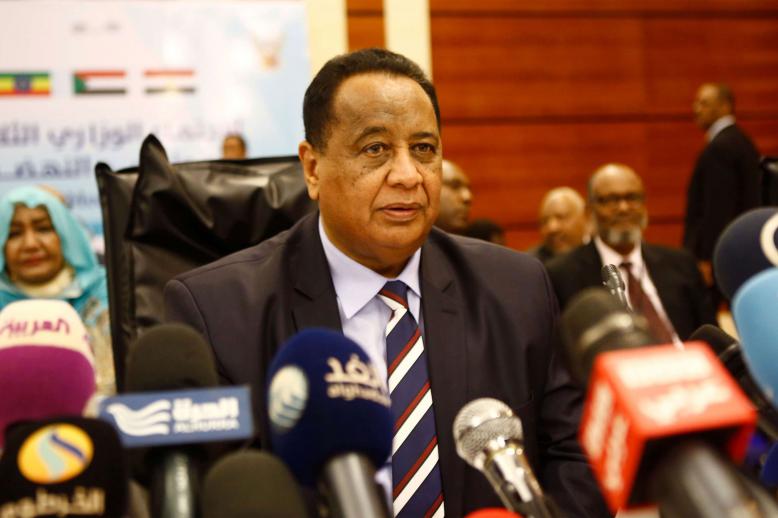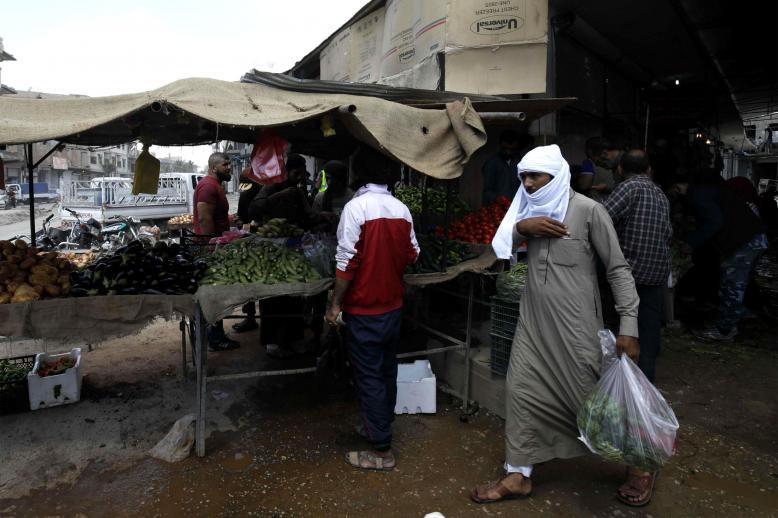UN says Turkey security measures 'curtail human rights'

GENEVA - The European Court of Human Rights and the United Nations on Tuesday condemned Turkey over rights abuses, citing violations of people's rights to liberty, security and freedom of expression.
The protracted state of emergency in Turkey has caused serious human rights abuses against "hundreds of thousands of people", including killings, torture and arbitrary detention.
A state of emergency imposed in Turkey following the attempted overthrow of President Recep Tayyip Erdogan in July 2016, and repeatedly extended since then, has had dramatic consequences, the UN rights office said in a report published Tuesday.
The report, which covers all of 2017, cautioned that the extraordinary powers handed to the authorities following the failed coup attempt had caused "a continued erosion of the rule of law and deterioration of the human rights situation."
"Routine extensions of the state of emergency in Turkey have led to profound human rights violations against hundreds of thousands of people," it said, warning that the use of emergency powers appeared to be meant "to stifle any form of criticism or dissent vis-a-vis the government."
UN rights chief Zeid Ra'ad Al Hussein described the findings as "alarming" and "outrageous".
"The numbers are just staggering: nearly 160,000 people arrested during an 18-month state of emergency," he said in a statement.
In addition, he pointed to the "152,000 civil servants dismissed, many totally arbitrarily, teachers, judges and lawyers dismissed or prosecuted, journalists arrested, media outlets shut down and websites blocked."
"Clearly the successive states of emergency declared in Turkey have been used to severely and arbitrarily curtail the human rights of a very large number of people," he said.
- Electric shocks, waterboarding -
The report also found that some 300 journalists had been arrested on grounds that their publications contained "apologist sentiments regarding terrorism" or similar offences.
At the same time, it said 100,000 websites were reportedly blocked in Turkey last year, including many pro-Kurdish websites and satellite television channels.
The report also documented the use of torture and other ill-treatment in custody, listing severe beatings, threats of sexual assault and actual sexual assault, electric shocks and waterboarding.
"One of the most alarming findings of the report," Zeid said, "is how Turkish authorities reportedly detained some 100 women who were pregnant or had just given birth, mostly on the grounds that they were 'associates' of their husbands, who are suspected of being connected to terrorist organisations."
"Some were detained with their children and others violently separated from them. This is simply outrageous, utterly cruel and surely cannot have anything whatsoever to do with making the country safer," he said.
The report cited the April 2017 referendum that extended Erdogan's executive powers as "seriously problematic", pointing out that this had led to an interference with the work of the judiciary and curtailment of parliamentary oversight over the executive branch.
The rights office also pointed out that 22 emergency decrees were promulgated by the end of 2017, with two more since then, often "regulating matters unrelated to the state of emergency and used to limit various legitimate activities by civil society actors."
This, the report cautioned, fosters "impunity", by handing immunity to authorities acting within the framework of the decrees.
The report urged Turkey to "promptly end the state of emergency and restore the normal functioning of institutions and the rule of law."
- 'Terror-linked circles' -
Turkey on Tuesday slammed the report as "biased" and "unacceptable".
"(The report), which contains distorted, biased and false information, is unacceptable for Turkey," the Turkish foreign ministry said in a statement after the publication of the report. The foreign ministry accused Hussein, a Jordanian, of harbouring "prejudices against our country".
The ministry even alleged that Hussein had "unfortunately transformed the UN body under his leadership into one which collaborates with terror organisations".
"The UN rights chief... has prepared the report in cooperation with terror-linked circles," the ministry added.
"This text is a danger for the whole of the human rights system because of the evaluations it contains which are far from objective," the ministry said.
It said the report contained "unfounded allegations" and "completely ignores the severe and multiple terrorist threats faced by Turkey".
Hussein ignored multiple invitations to visit Turkey, the ministry claimed.
Turkey insists it is dealing with multiple terror threats including the movement led by the US-based Muslim preacher Fethullah Gulen who Ankara accuses of ordering the attempted putsch. Gulen denies the charges.
President Recep Tayyip Erdogan had repeatedly insisted that Turkey needs to remove the "virus" created by the Gulen movement's infiltration of key Turkish bodies.
Turkish security and military personnel have also been fighting against outlawed Kurdish militants inside Turkey and in northern Syria.
- EU court -
The European Court of Human Rights ruled Tuesday that Turkey abused the rights of two journalists detained in the massive post-coup crackdown.
The journalists, Mehmet Altan and Sahin Alpay, were arrested in 2016 and accused of being members of a "terror organisation" run by Gulen.
The court ruled that Turkey had abused the men's rights to liberty, security and freedom of expression by detaining them and ordered the state to pay each of them 21,500 euros ($26,500).
Turkish authorities have arrested 55,000 people accused of links to Gulen, with 153 journalists behind bars according to the P24 press freedom group, mostly detained under the post-coup state of emergency.
More than 140,000 people including judges and academics have been sacked or suspended on accusations of supporting Gulen in the crackdown that has sparked heavy criticism from the West.
Altan, an economics professor and journalist, was handed a life sentence in February for his alleged Gulenist links, while prominent columnist Alpay is awaiting trial.
Turkey's Constitutional Court ruled in January that both men should be released on the grounds that their rights had been violated, but lower criminal courts defied the ruling and they were kept behind bars.
On Friday, an Istanbul court ruled that Alpay could be released but confined to his house and forbidden from leaving Turkey.
The European court said in its judgement that Alpay's pre-trial detention "could not be regarded as 'lawful'" and ordered Turkish authorities to release him as soon as possible.
- Criticism 'is not terrorism' -
While Ankara says its crackdown is needed to eradicate Gulen's influence, critics say it has included anyone who dares to criticise Erdogan.
The court said in both rulings that "criticism of governments... should not attract criminal charges for particularly serious offences such as belonging to or assisting a terrorist organisation".
The court covers allegations of rights abuses by any of the 47 governments signed up to the European Convention on Human Rights. Turkey ratified the convention in 1954 and is obliged to implement its judgements.
The court has seen a vast increase in its caseload over alleged rights abuses since the coup -- dealing with more than 31,000 applications in 2017 compared to 4,160 a year earlier.
Some 30,000 of the cases were struck out, according to ECHR figures.




